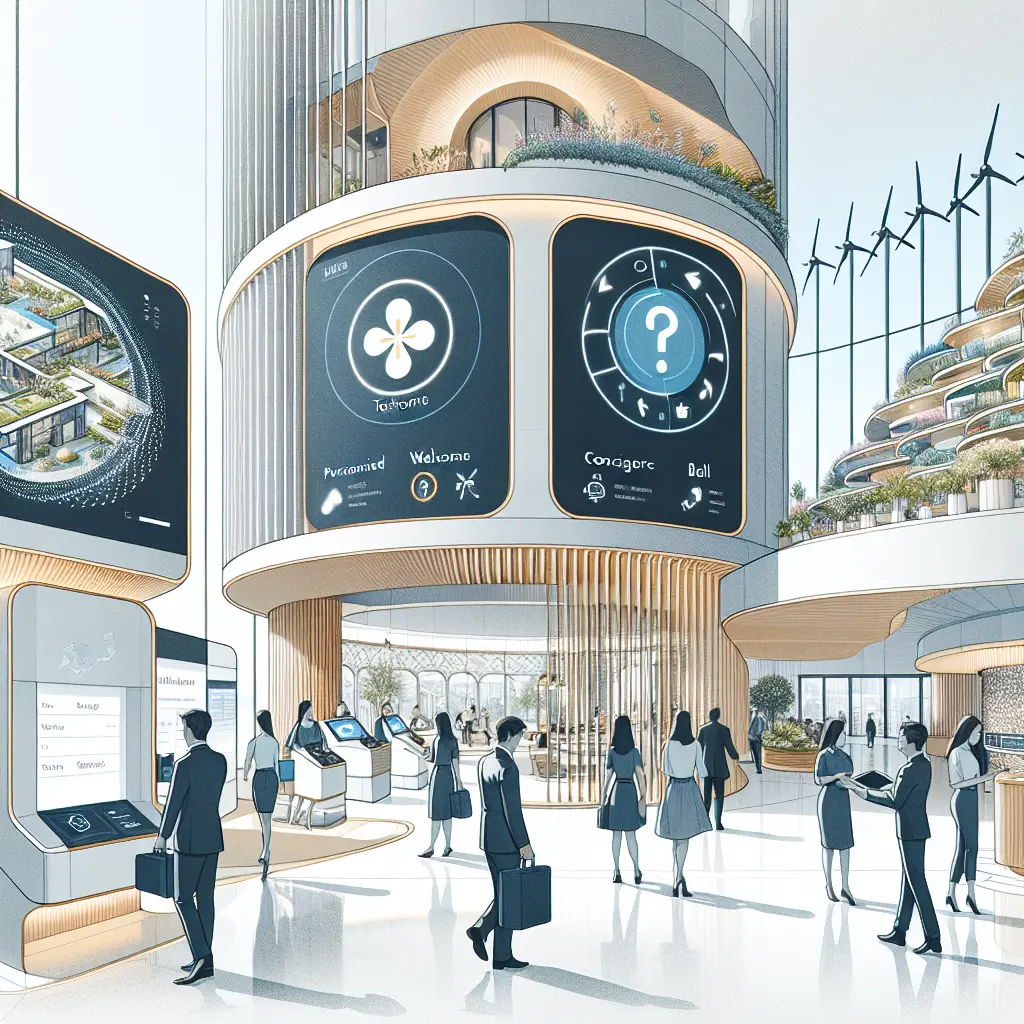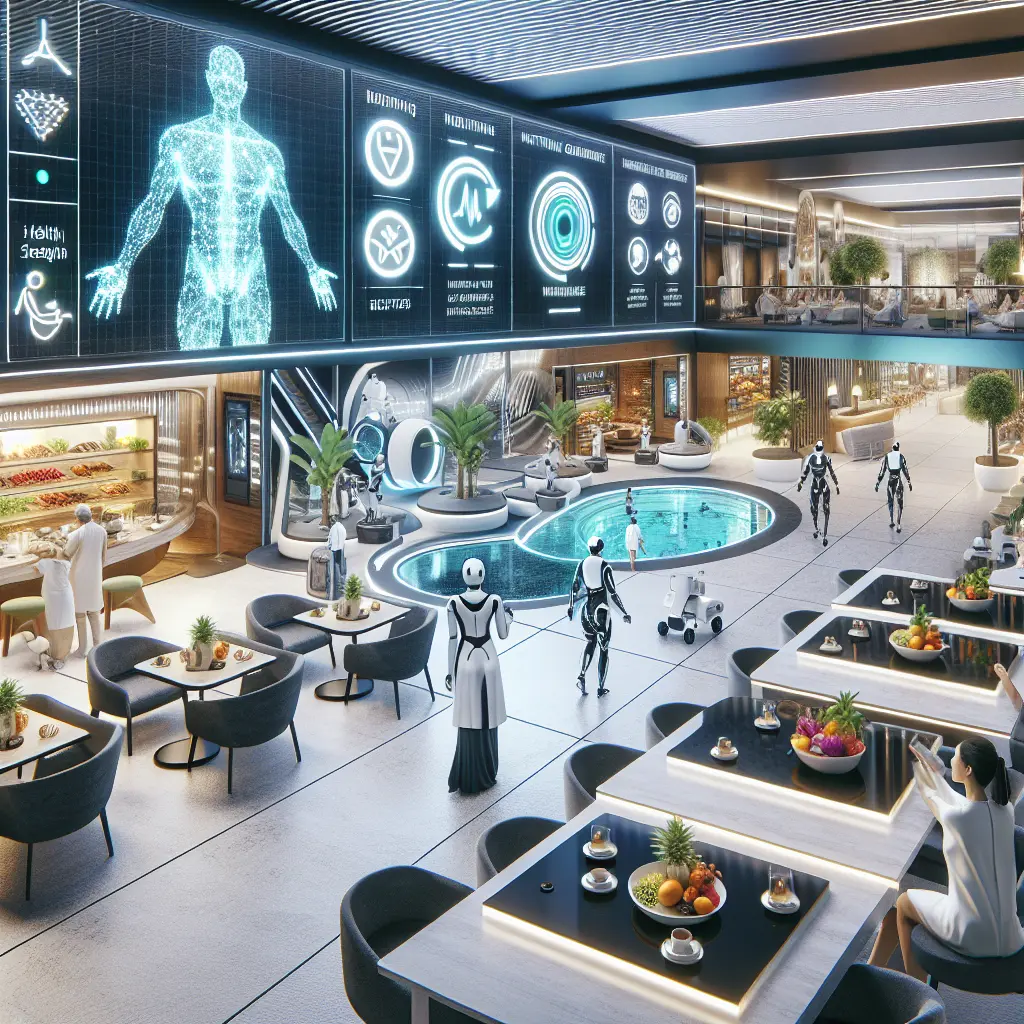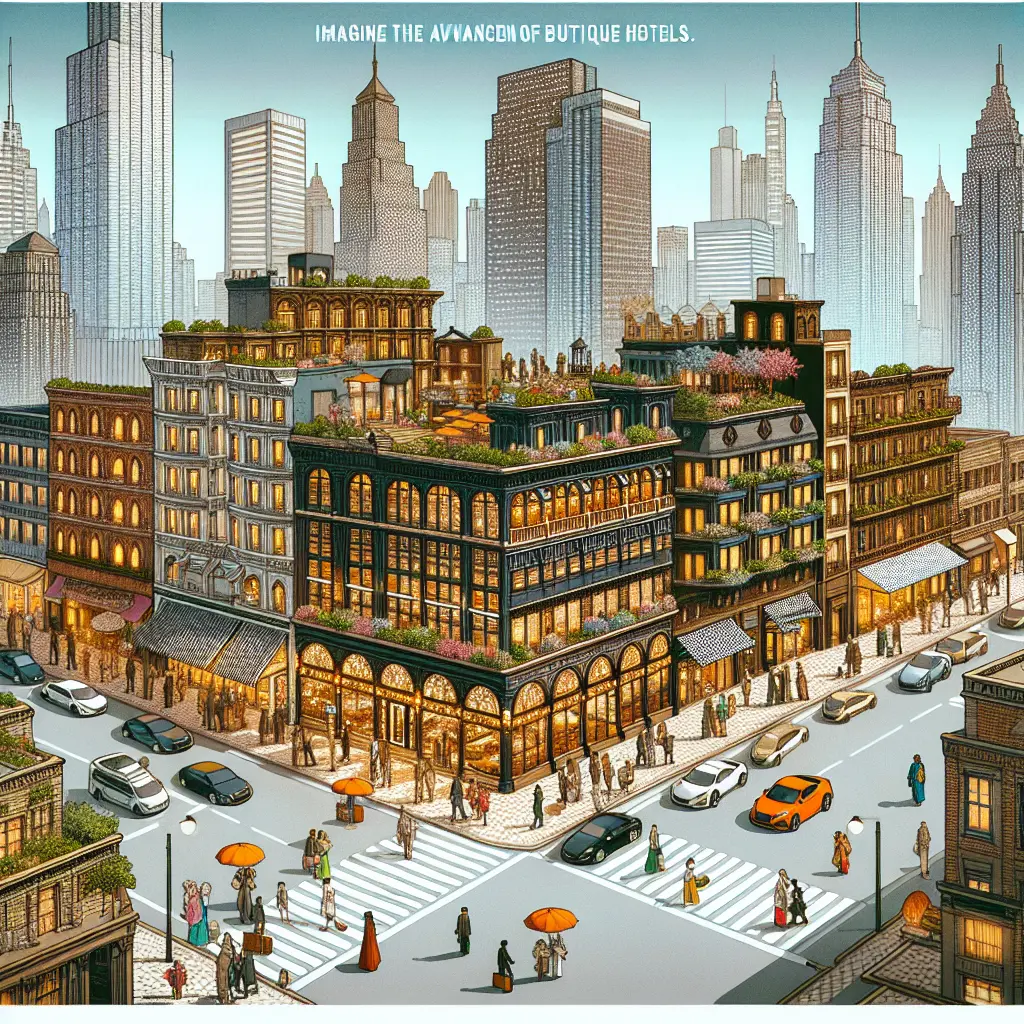In the ever-evolving landscape of the modern hospitality industry, personalized service in hotels stands as a defining trend, revolutionizing guest interactions and expectations. This transformation is not just a response to market demand but a strategic approach to redefining luxury through bespoke hotel experiences. As the hospitality sector embraces this change, it's crucial to explore how these personalized hospitality trends are reshaping the industry and what they mean for both guests and hoteliers.
The shift towards hotel personalization strategies is driven by the need to enhance the hotel guest experience beyond mere accommodation. Today, luxury hotel personalization focuses on crafting customized hotel services that reflect individual guest preferences. This approach is evident in various forms, from technology-driven solutions like mobile check-ins and smart room controls to more traditional methods such as personalized greetings and tailored amenities.
For instance, some luxury hotels have integrated advanced data analytics to anticipate guest needs, offering recommendations and services that align with their past preferences. This not only enhances hotel guest satisfaction but also fosters loyalty by making guests feel uniquely valued. According to a recent report by Hospitality Technology, 74% of travelers are more likely to return to a hotel that offers personalized experiences.
Guest-centric hospitality combines innovative hotel services with the timeless human touch to create memorable stays. Hotels are increasingly utilizing technology to provide seamless, yet personalized, experiences. For example, Marriott's "Li Yu" program offers Chinese travelers culturally relevant amenities and services, recognizing the importance of cultural nuances in enhancing hotel guest satisfaction (source).
To stand out in a competitive market, hotels are curating unique hotel offerings that surprise and delight guests. These bespoke hotel experiences often draw inspiration from local culture, history, or nature, providing a sense of place that resonates with travelers seeking authenticity.
Challenges and Opportunities in Modern Hotel Service
While the benefits of personalized service in hotels are clear, implementing these strategies poses certain challenges. Privacy concerns are paramount as hotels collect and utilize guest data to tailor experiences. Establishments must navigate these issues carefully, ensuring compliance with data protection regulations while maintaining transparency with guests.
Additionally, cultural sensitivity plays a significant role in crafting tailored guest experiences. Understanding diverse cultural expectations can prevent potential missteps and ensure inclusivity in service delivery. The recent efforts by major chains like Hilton to diversify their staff training programs highlight the industry's commitment to this aspect (source).
The UAE's architectural boom has significantly influenced the hospitality industry's approach to design and service delivery. The country's urban planning model, characterized by futuristic skyscrapers and luxurious resorts, sets a high standard for bespoke hotel experiences (source). Hotels in this region are integrating cutting-edge architecture with personalized service models, creating environments that cater to the discerning traveler seeking both opulence and individuality.
Incorporating elements like artificial intelligence-driven concierge services and immersive digital experiences, UAE hotels are at the forefront of adopting personalized hospitality trends. These innovations not only enhance the hotel guest experience but also redefine luxury for a global audience accustomed to high standards.
Future Directions: The Evolving Role of Personalized Service
As we look towards the future, the role of personalized service in hotels is set to expand even further. Emerging technologies such as virtual reality (VR) and augmented reality (AR) offer new avenues for creating immersive guest experiences. Imagine touring a potential suite or exploring local attractions through VR before even stepping foot in a hotel.
Moreover, sustainability is becoming a key component of modern hotel service. Guests increasingly value eco-friendly practices, and personalization can extend to offering choices that align with sustainable travel goals. From digital check-ins that reduce paper waste to locally sourced amenities, hotels can enhance their appeal by aligning with guests' values.
In the ever-evolving hospitality landscape, personalized service has become a cornerstone of modern luxury, redefining guest interactions and setting new standards for excellence. By employing advanced data analytics and integrating technology-driven solutions such as smart room controls and mobile check-ins, hotels are enhancing guest satisfaction and loyalty.
Looking ahead, emerging technologies like VR and AR promise to further revolutionize guest experiences, offering immersive previews and sustainable travel options. As personalization continues to transform the hospitality industry, it's crucial for hotels to balance innovation with the timeless principles of empathy, respect, and authenticity.
As professionals or enthusiasts in the field, your insights and experiences are invaluable in shaping this dynamic journey. Share your thoughts on how personalized service has impacted your travel experiences or your perspectives on future trends in the comments below.









Leave a Comment